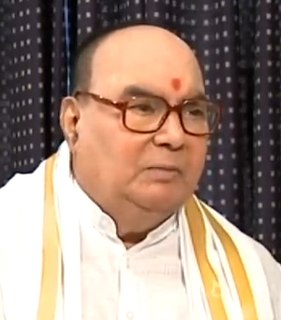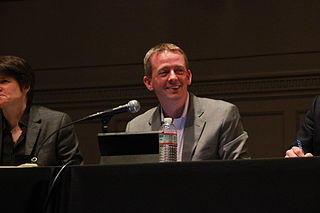A Quote by N. Bhaskara Rao
Pre-poll surveys receive different reaction in the media among voters and political parties. For example, the more undecided voters are, the greater the role and effect of pre-poll surveys. Similarly, greater the decline of the party system, the more influential their role.
Related Quotes
The Democratic Party's problem is that voters don't believe the president's claims that the economy is thriving. Even people with jobs feel apprehensive. Paychecks are flat, growth anemic, and people are worried about their children's prospects. Mr. Obama had a 38% approval on handling the economy in the Sept. 9 Fox News poll. In the Sept. 7 NBC News/Wall Street Journal poll, 67% believe America is on the wrong track.
Seventy-five percent of voters now [in September 2016], according to the latest poll, want third-party candidates included in the debate. We have the highest disapproval and distrust rates ever in our history for these two presidential candidates, which the system is doing everything it can to force down our throats.





























